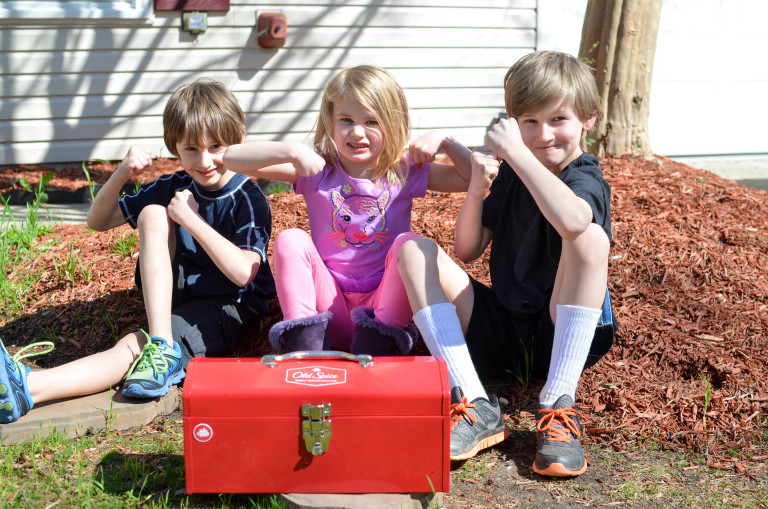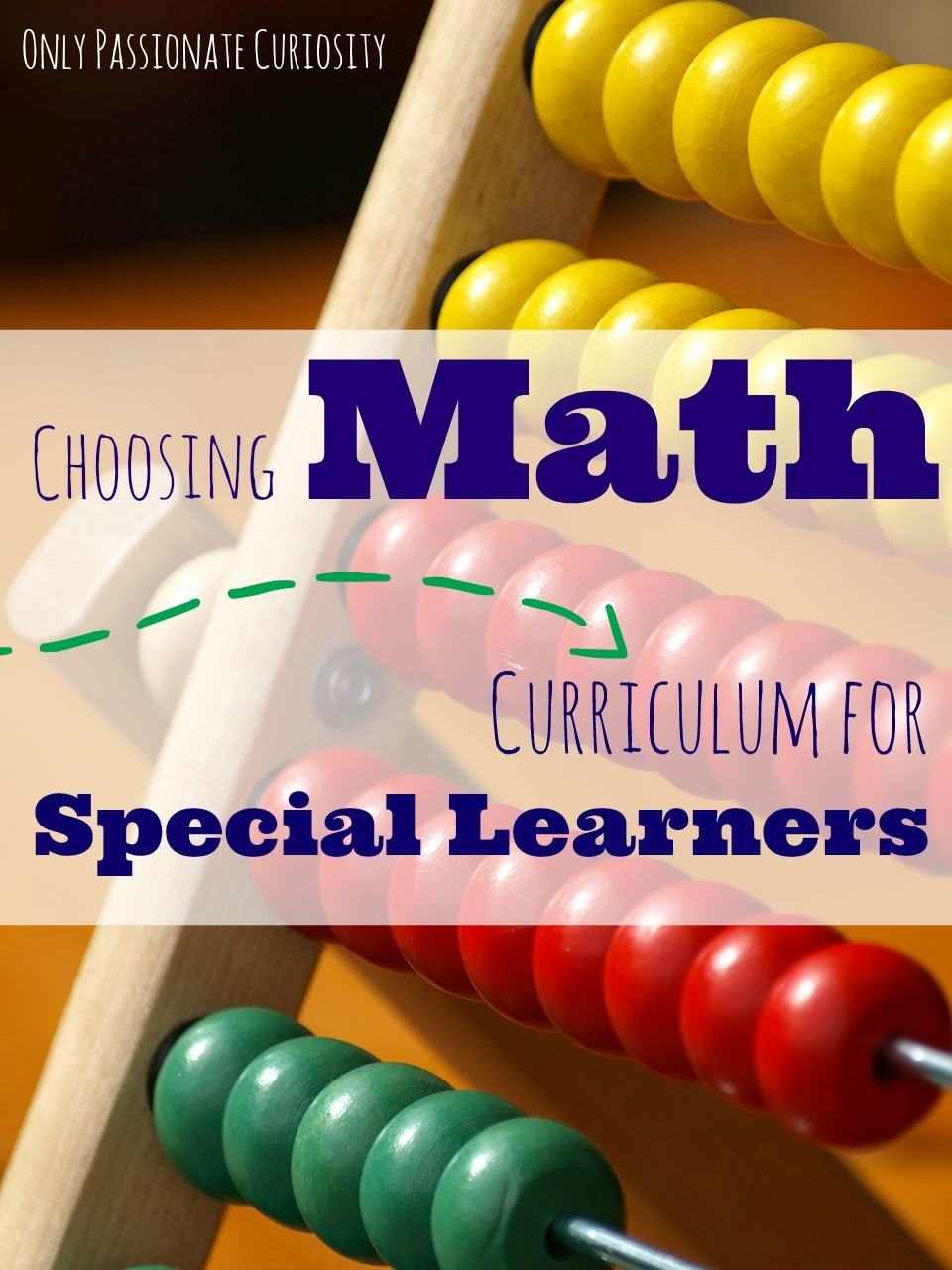Advocating for Your Special Needs Child
Do you have a homeschooled child with special needs? Today’s guest post is all about advocating for, and supporting your special needs child throughout their schooling.
Advocating for Your Child: Know the Laws
Every good homeschooling family knows the laws about how to register, what paperwork to file to show attendance, and what assessments and data need to be provided for the year. But what you may not know is that your child is eligible for special education services through the local public school system.
Pretty awesome, right? According to IDEA 2004, based on whether homeschooled children are considered as private school children by your state of residence determines whether they can access “equitable” services under a special education service plan.
Current federal special education laws requires that public school systems look for and find children who are suspected of having disabilities; this is called Child Find. So, basically, if you think that your kiddo has a disability that is adversely affecting his academic progress, you can request an evaluation from the public school system. The district might agree or disagree with your request for evaluation based on the data that you are presenting; if they agree, they will pay for the testing.
If you are in a state that treats all homeschooled students as parentally-placed private school students, then the local education agency (LEA) must provide equitable services. According to understood.org, these services are paid for through a limited amount of public funding. This means that these services will be offered on a lesser scale than if your child was enrolled in public school. But, based on your state, your child could get some of his services for free. Which is pretty cool when you’re shelling out the big bucks for that private speech-language pathologist!
Modify and Accommodate: Working with Your Child at Home
Whether you are in a state that allows your child to be eligible for publicly funded special education services or not, you can do a lot of things at home to help your child right now.
Time limits
If your child is overwhelmed easily or has a hard time with sitting still, put a limit on how long they work. Start small: “Work for five minutes, then you can do a fun, unit related activity of your choice for five minutes.” Slowly increase the time that he spends working on academics.
Or use a to-do list. On a whiteboard, write down a certain number of “must-do” items, I usually limit it to three or four medium length things or two to three challenging assignments. Then put “optionals” below the line. Make the optionals more fun or rewarding, because she can only start to work on the fun stuff once the required tasks are complete.
Or you can modify that! I used a ratio system with one of my former students. She needed to do X of Y assignments from her to-do list. If she completed them, she got a reward from the grab bag. It totally worked! She was more focused and motivated once the system was in place.
Modify
Do you have a super slow, but accurate worker? Or perhaps someone who forgets how to work the math problem mid-page? Or a kiddo who is easily frustrated by repetitive tasks?
Change it. just because it is in the textbook or workbook a certain way doesn’t mean you HAVE to do it that way. Treat all curriculum materials as a guide. If there a 25 math examples, but you know that your child can complete the work correctly, then assign five or six. Or have her do a row, then check with you to verify that the work is correct. Nothing says that the history answer has to be written down. He could record his answer, use speech to text software, or just explain it out loud to you.
Accommodate
This is basically changing the educational environment based on your child’s needs. It is also a knee-jerk instinct. If your kid doesn’t feel great, do you make them go to soccer practice? Of course not! If your child resists sitting at the table, but works well on the floor. Let her! They want to stand and not sit. Let them!
Seriously, as long as your kids are focused, on task, and learning, does it matter where they do it? Or what they are wearing? Or when it happens? Probably not. And this is likely a huge part of why you homeschool to begin with: flexibility in learning.
Get Creative
Kids in traditional schools learn in traditional ways: desk, chair, pencil, paper, computer, books. Your kids have freedom. So use it!
Learning about animals? Go to the zoo, create model animals with art supplies, or just practice moving like different animals. Almost anything that you learn about can be connected to a field trip, movement activity, or creative endeavor. You just need to think outside the “traditional school” box. Or simply, move! Go for a run with your kids, go to the pool, check out force and motion on the playground, get messy, get dirty, get gross. Because their peers are sitting in a classroom, reading a book, aching to play in the sunshine. Studies over the year, including recent ones, show a strong positive correlation between movement and learning. For kids with ADHD or other attention based learning differences, movement is critical.
Don’t be afraid to get help
You are one person. Are you an amazing homeschooling guru? YES! Are you a trained and credentialed educator with extensive experience modifying curriculum and environments to meet the differing needs of learners? Perhaps not. But you don’t have to be.
You can hire a teacher, or a grad student in special education, or an advocate, or a consultant. All of these people are an internet search away! They will bring year, perhaps decades, of experience to your home, to your kids. They might have suggestions that you would have never thought of before. Or they might validate what you are already doing. An educational consultant can offer formal or informal assessments based on state and national norms. They can observe and evaluate. They might bring referrals for specialists or other services that you had no clue about.
My motto: When in doubt, hire out!
Homeschooling is truly what you make of it. And with a little finessing, a lot of flexibility, and the willingness to know when to call the experts, going on this journey with your child with special needs can be joyous and fulfilling for you both.
~~~~~~~~~~~~~~~~~~~~~









